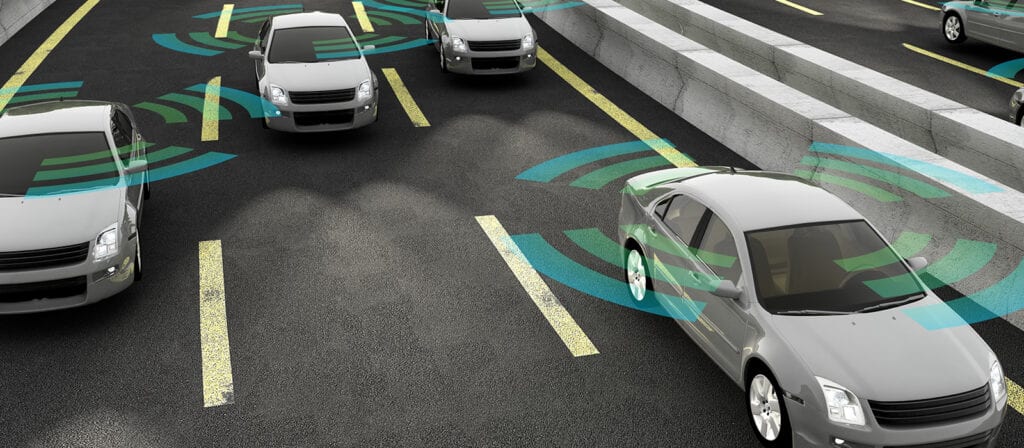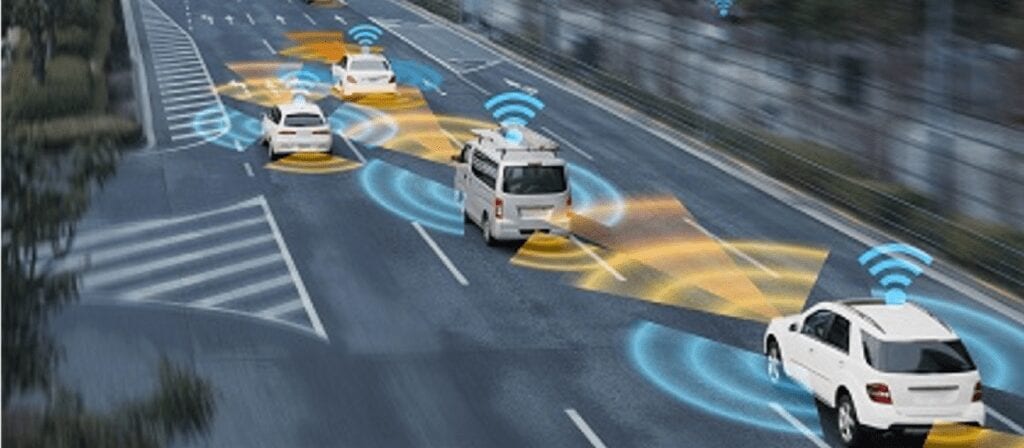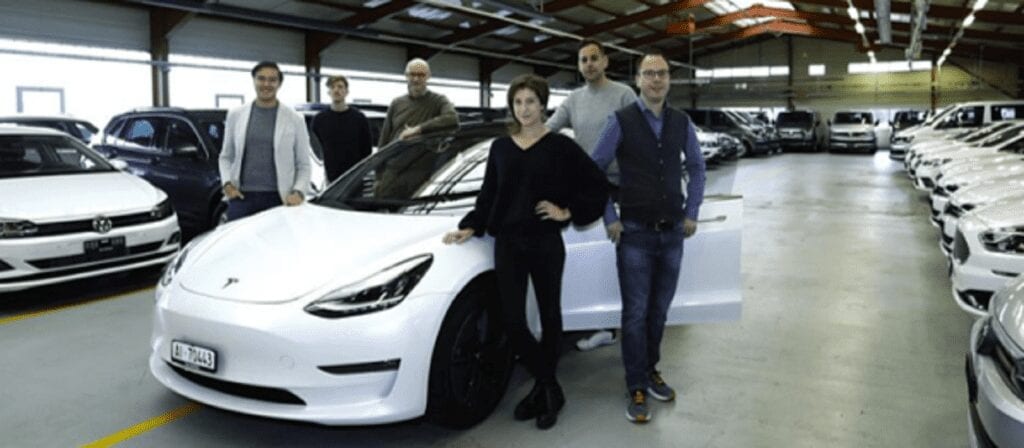As consumers move away from personally owned and operated automobiles, we will see the evolution to a mobility system comprised of driverless vehicles and shared mobility platforms. As this transformation unfolds, insurers will need to change their approach to auto insurance products and services.
Auto manufacturers are developing new and innovative solutions and we are now seeing mass adoption of a sharing economy, providing more options for consumers than ever before. Consumers are opting for convenient and cost-effective transportation options such as ride-sharing and autonomous functionality.
Car owners are subscribing to transportation networking companies to derive income from the underutilized resource that their car is becoming, and they expect convenient, on-demand insurance options to cover them for this. Consumers that do not own vehicles are utilizing ride-share options to avoid the costs of car ownership. Companies like Inshur, Slice, and Opton provide cost effective on-demand insurance for ride-share operators.
Evolving transportation technology offers consumers even more options. Consumers have access to a variety of transportation modes such as autonomous vehicles, bike-sharing, robot people movers and sidewalk mobility vehicles. As these options become more available, insurers will need to consider the development of products that fit a variety of evolving transportation modes.
Currently there are divergent regulations that create a very complex challenge for both insurers and manufacturers. Regulations have not kept pace with technological developments. We don’t know how quickly fully autonomous vehicles and other modes of transportation will permeate our public roads.
Today’s vehicles collect and transmit volumes of data about the driver, the vehicle and the environment. Data ownership principles are still very new and fluid, and there are many roles in the collection and use of data. The race to capture the monetary value of the data is driving new theories about who can collect, process, use and disseminate that data. Regulations that apply to the protection of that data create an additional level of complexity.
The auto insurance industry has seen a decrease in the frequency of claims and an increase in claim severity. Projections indicate that there will be a continued decrease in claims frequency, which when combined with decreasing car ownership indicates that personal auto premiums will decrease significantly over the next decade. Insurers are considering new product offerings and bundling of services to offset some of that potential premium loss.
The customer of the future will expect new products and new channels. Our industry is increasingly partnering with technology firms to capture opportunities and connect with customers to fulfill their changing needs.
Underwriters will need to acquire new skills sets to analyze new classes of data. Usage-based insurance enabled by telematics will provide an opportunity to build new customers experiences, offer real-time quotes and develop new coverages. Claims staff are considering new ways to streamline and enhance the claims process. With technology, new theories of liability will emerge and claims staff will enhance their technical expertise and consider new ways to detect fraud.
New entrants into this space are compelling traditional insurance carriers to consider new business models. While all of these changes may create challenges for insurers, they will also bring new opportunities. Insurers that have the motivation, competencies, and resources to transform with the future of mobility will evolve to meet the rapidly changing needs of this new ecosystem and succeed.






